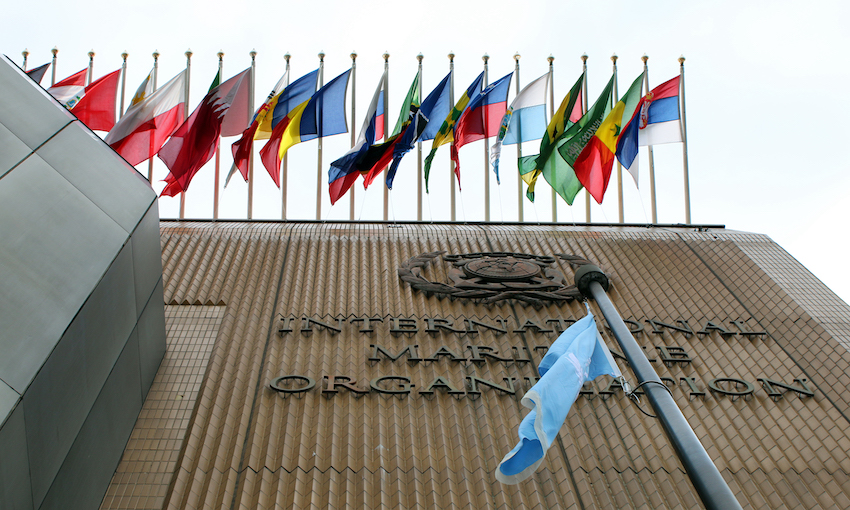THE World Shipping Council has made suggestions to the International Maritime Organization to ensure GHG regulations adequately drive the industry’s transition to alternative fuels and propulsion technologies.
WSC outlined its suggestions in a paper submitted to the IMO’s International Working Group on Reduction of GHG Emissions from Ships and Marine Environment Protection Committee.
The council said proposals currently before the IMO include a GHG levy or feebate mechanism, a GHG fuel standard, emissions trading and a funding/rewards system tied to a specific benchmark.
“[The proposals] all have their strengths but share a set of challenges that are critical to the overall viability and success of IMO’s GHG Strategy,” WSC said in a statement.
One challenge identified by the WSC was that the IMO’s goal to phase out GHG emissions from shipping would require significant investments in the production and supply of low, near-zero and zero GHG fuels. It also highlighted some other points perceived as challenges.
“Well-to-wake life-cycle analysis is critical to avoid favouring fuels that have attractive tank-to-wake figures, but produce high life-cycle emissions instead of GHG reductions,” WSC said.
“Countries across the globe face very different economic circumstances and some locations – especially those that are remote and import or export small volumes – already face very high transportation costs.
“Any proposal needs to identify an effective structure to address these issues of equity and sustainability of island states and developing economies.”
Another challenge related to the simplicity of implementation and the ability to verify and enforce standards.
To address the challenges it identified, WSC offered three suggestions believed to have the capacity to strengthen the IMO’s GHG strategy.
Suggestions include modifying the global fuel standard proposal to include fewer steps and setting dates for each step; developing an IMO green corridors program to introduce new fuels and technologies; and considering a benchmarking approach that is more directly tied to meeting GHG reduction goals, rather than a relative benchmark based on the Carbon Intensity Indicator (CII).
WSC president and CEO John Butler said industry needs to think practically about what the proposals before the IMO can deliver in actual carbon emission reductions and how to reach a decision.
“It is not just about getting to yes, but getting to yes on something that will make a difference for the future of our planet,” he said.
“Our core challenge is to create the regulatory structure to drive development, production, and adoption of low and near-zero GHG fuels and technologies, coupled with the necessary investments in renewable energy production for an equitable transition.
“Liner shipping is investing in decarbonisation, and we urge IMO member nations to come together with a focus on future generations to ensure the advancements necessary for a timely energy transition.”





